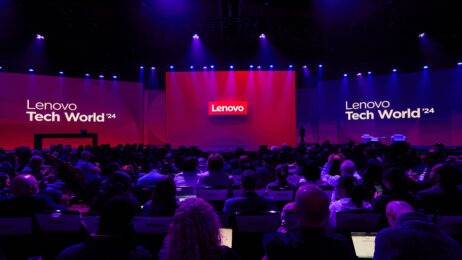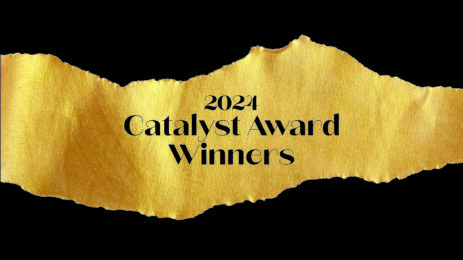PRA’s acquisition of Koncept Events sparks discussion about consolidations
If the ground seems to be shifting under you these days, you’re not alone. Consolidations among meeting industry providers are on the rise, bringing benefits to planners, such as facilitating one-stop shopping, as well as drawbacks, including less purchasing options, which can lead to higher prices.
PRA Business Event’s acquisition of Koncept Events in February marks yet another consolidation in the meetings industry, and continues PRA’s aggressive growth. The company’s CEO asserts that it will be a positive development for planners.
“In our sector, consolidation is a good thing in that through scale, we can now bring a more comprehensive and sophisticated offering that is simply not possible in a highly fragmented sector,” says Tony Lorenz, CMM. “In the context of our core sector, while we enjoy the No. 1 position in North America, we still hold less than 15 percent of the U.S. market. So, there continues to be a lot of competition on an individual office basis in our sector, and we see it every day.
“With the possible exception of Cvent, PSAV and Freeman, all of whom I know well and carry a high degree of respect for their leadership, the other sectors in business events remain fragmented. There are years of consolidation in front of us before we should worry too much about lack of choice in any sector of our industry.”
PRA’s Ambitious Growth
PRA is a leader in the business events industry, creating unique experiences through interactive activities, tours and transportation solutions.
The acquisition of Koncept Events—a South Florida-based market leader specializing in Destination Managements Companies (DMC), meeting planning and brand marketing, and serving South Florida, Mexico and the Caribbean—will enable PRA to strengthen its presence in the region. Koncept Events will continue to operate as it previously did, but as the PRA South Florida branch. Many of Koncept’s top executives will continue to serve in leadership positions with PRA.
“We will exchange best practices, with our collective business becoming even stronger as a result of our work together,” Lorenz says. “Changes will come through the increased resources at our disposal in every aspect of their business—sales, marketing, technology and other support services.
PRA was created 40 years ago, and its past three years have been particularly dramatic, with system revenue tripling and the number of offices increasing from 20 to 28. Lorenz says that PRA plans to continue its robust expansion, and that discussions are underway with businesses that serve the company’s core and adjacent areas of concentration.
Hosts Global’s Different Approach
Marty MacKay, DMCP, president of Global Alliance for Hosts Global and 2018–19 president of Association of Destination Management Executives International (ADMEI), says that Hosts Global—a consortium of select DMCs that services more than 300 destinations globally—has taken a different approach than PRA.
“We at Hosts have made the decision to stay with our core DMC services representing independent DMCs, but that is our choice, and expanding their portfolio is PRA’s,” she says. “Neither is wrong—they’re just different models for different clients.
“Planners have always had, and will continue to have, the choice of who to contract for services they need. Some planners look for a one-stop shop, while others create teams of partner companies to execute their events.”
MacKay doesn’t feel that PRA’s ambitious approach will have much effect on Hosts Global and other competitors.
“It’s a big pond,” she says. “I don’t think that any of the recent acquisitions or expansions have caused that big of a ripple. But certainly, all the consolidation in our DMC space has created some dialogue, beyond just the PRA acquisitions. I think it has just forced us all to better define the services we offer to our clients and be more focused on how we differentiate ourselves in the market.”
MacKay says that the heightened degree and frequency of consolidations in the meetings industry have made planners more cautious, though.
“I think it’s made them more wary,” she says. “When suppliers remained relatively constant, a planner could buy services from the same brand year over year and trust in the quality relationships and stability of the provider. Consolidations change all of that. The brand they had always bought from might have gone away, or the people carrying the same business cards—and the services they are offering—could be entirely different.
What Does a DMC Do?
ADMEI represents more than 200 DMCs throughout the world. The mission of ADMEI is to increase the professionalism and effectiveness of destination management through education, promotion of ethical practices and availability of information to the meetings, convention and incentive travel industries, as well as the general public.
According to ADMEI, a DMC is “a professional services company possessing extensive local knowledge, expertise and resources, specializing in the design and implementation of events, activities, tours, transportation and program logistics.”
Destination management companies are a distinctly separate niche from destination marketing. The Destination Marketing Industry Association represents organizations such as convention and visitors bureaus (CVBs), which market their destination. Many DMCs work closely with their local CVB or Destination Marketing Organization to effectively market the unique aspects of their destination.



